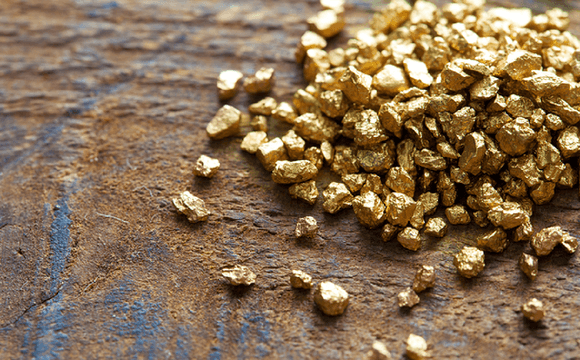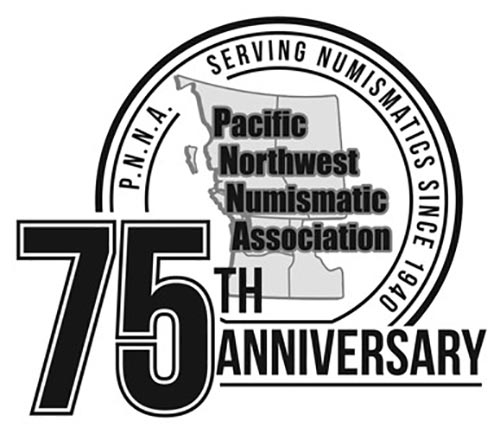
Since gold was first discovered, people have wanted to know how to make it. Unfortunately, alchemy is not possible. But how is gold — or Au, its elemental name — created? Though geologists have had theories for years about how the Earth creates gold, it wasn’t until recently that scientists discovered how the universe creates gold.
In June of last year, an incredible event happened in outer space. Two remarkably dense neutron stars collided, 3.9 billion light years away. The gamma ray set off by the explosions was incredibly powerful. NASA satellites picked up the blast, and scientists were able to study the findings. The data collected helped solve the mystery of how particular elements are created in the universe.
Once the data had been analyzed, astronomers came to some shocking conclusions. Previously, many scientists had theorized that a supernova explosion was necessary to create certain elements. After carefully studying the data collected from this event, Harvard-Smithsonian Center for Astrophysics astronomer Edo Berger, concluded that a supernova explosion isn’t necessary to create elements.
Berger released a statement regarding his team’s findings. In it, he claims that neutron star collisions are capable of producing all elements with a higher weight than iron. “…And they do it efficiently enough that they can account for all the gold that’s been produced in the universe.” Berger concluded.
So we know how particles of gold are created in outer space, but how does it form here on Earth? It’s complicated. Here’s a simplified version of the geologic events that need to occur.
Scientists believe that when the Earth was formed, molten iron sank to the core of the planet, and along with it, nearly all of the Earth’s precious metals. In fact, the core contains enough precious metal to cover the entire surface of the Earth thirteen-feet deep.
So how does gold go from liquid molten form in the core to solid rock or crystal form in the crust? There are two ways this happens. The first, and most common, way is the same process that creates mountains. It starts deep in the Earth when two tectonic plates collide. This collision causes the plates to overlap and stack up in areas. During these events, sometimes incredibly hot water is forced from the Earth’s core. The heated water is shot up from the motion of the plates, and it fills in the faults, or crevices, in the rocks. Since this water comes from the core, it is full of all kinds of precious metals like gold. As the water cools, the metals in the water solidify in rock, creating deposits in fissures and crevices.
The second process responsible for moving gold from the Earth’s core is volcanic. During an eruption, magma moves up from the Earth’s core to the surface. Much like the first process, as the magma cools, minerals solidify and are deposited in the Earth’s crust.
Though gold is never combined with other elements, it is commonly found alongside a few. Copper, nickel and silver are commonly found with gold. Gold can also commonly be found in quartz veins. Gravel streambeds are another common place where gold is found. This is because the same volcanic processes responsible for bringing gold to the surface are responsible for creating stream and streambeds.
Gold is beautiful and malleable, a great conductor of electricity and resistant to corrosion. It’s unlike any other metal. The fact that the process to make it is so complex only increases the demand for this truly precious metal. Thinking about investing in gold? Smart choice. Come into Liberty Coins & Currency; we’d love to help you invest.
Liberty Coin & Currency specializes in rare coins and currency. We are a family-owned business located in Portland and Vancouver. We also buy gold, silver, diamonds, and jewelry. Visit us first for a free evaluation.
Do you like this post? Share it, +1 it on Google Plus, or like it on Facebook.







